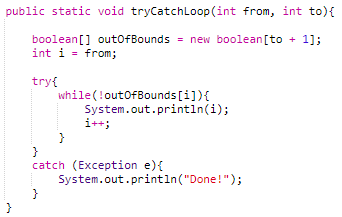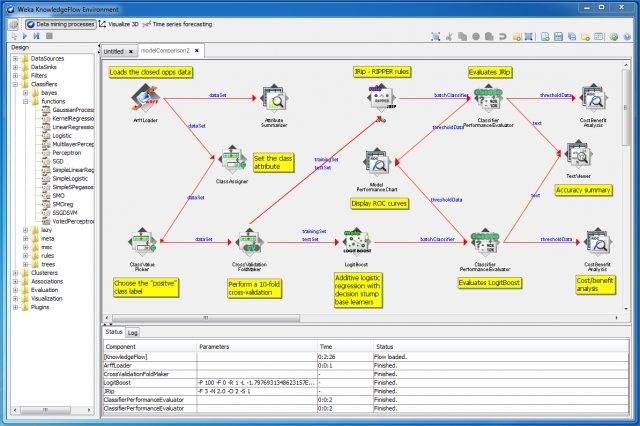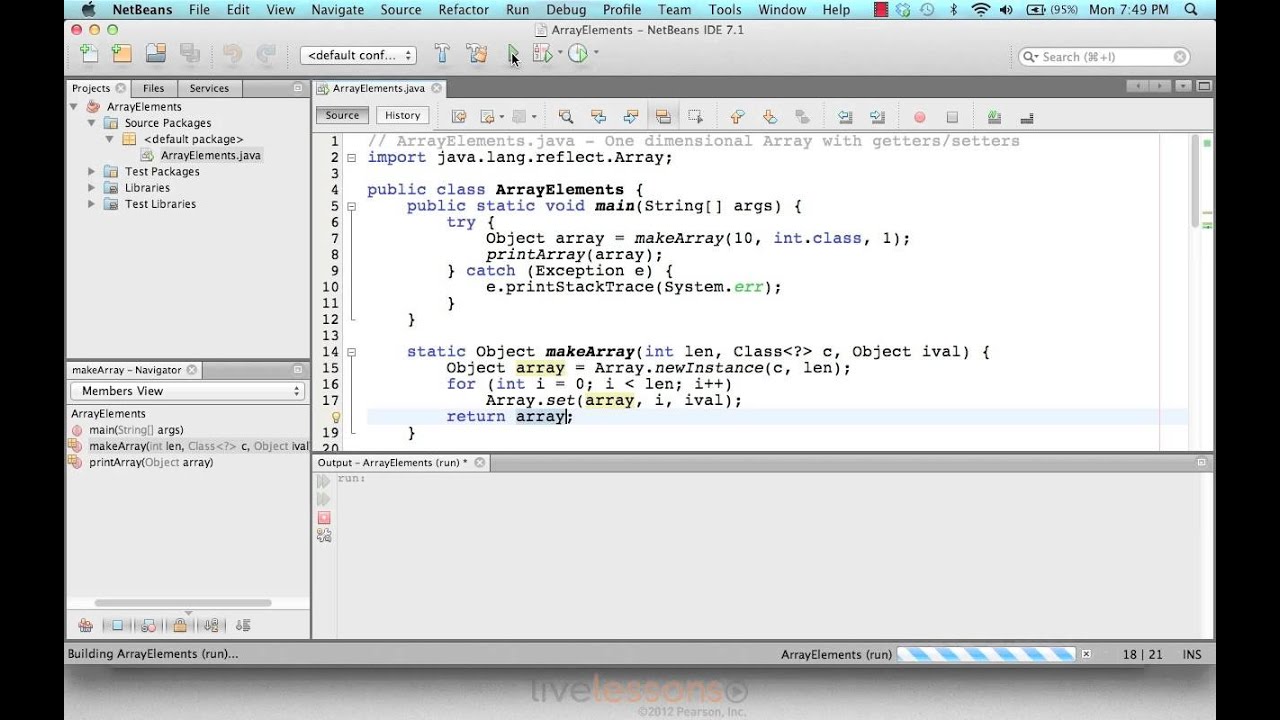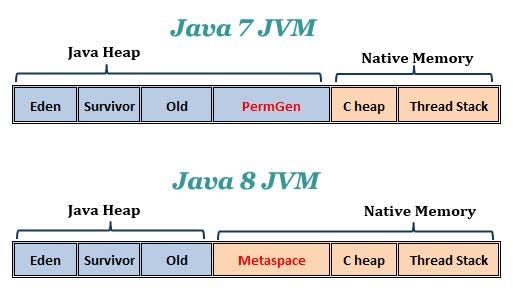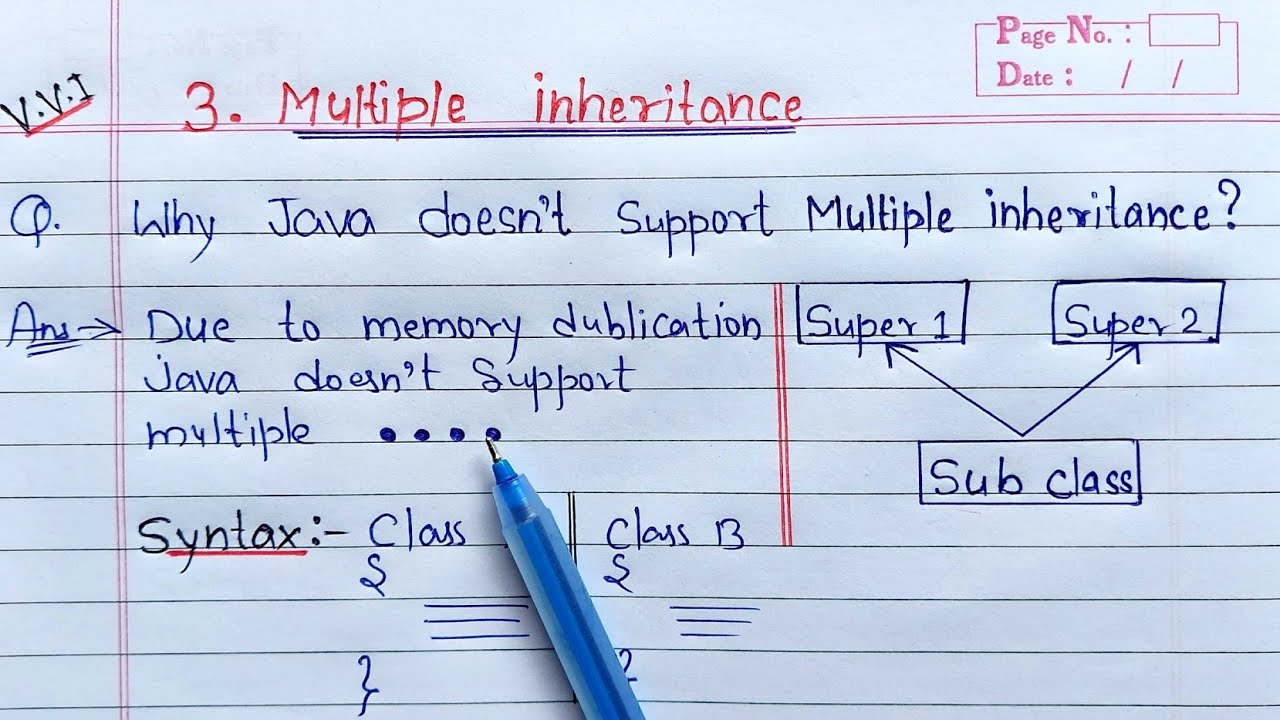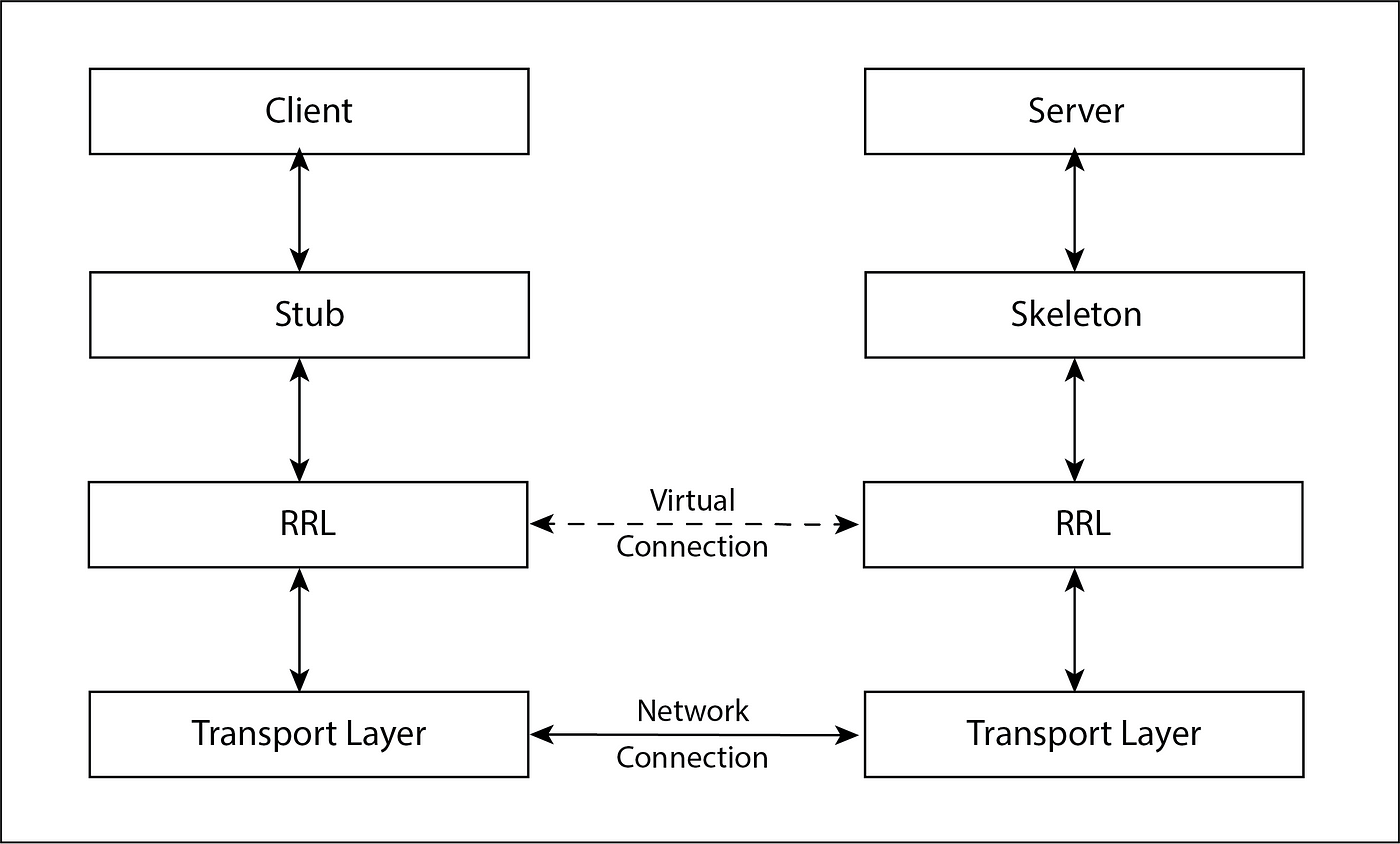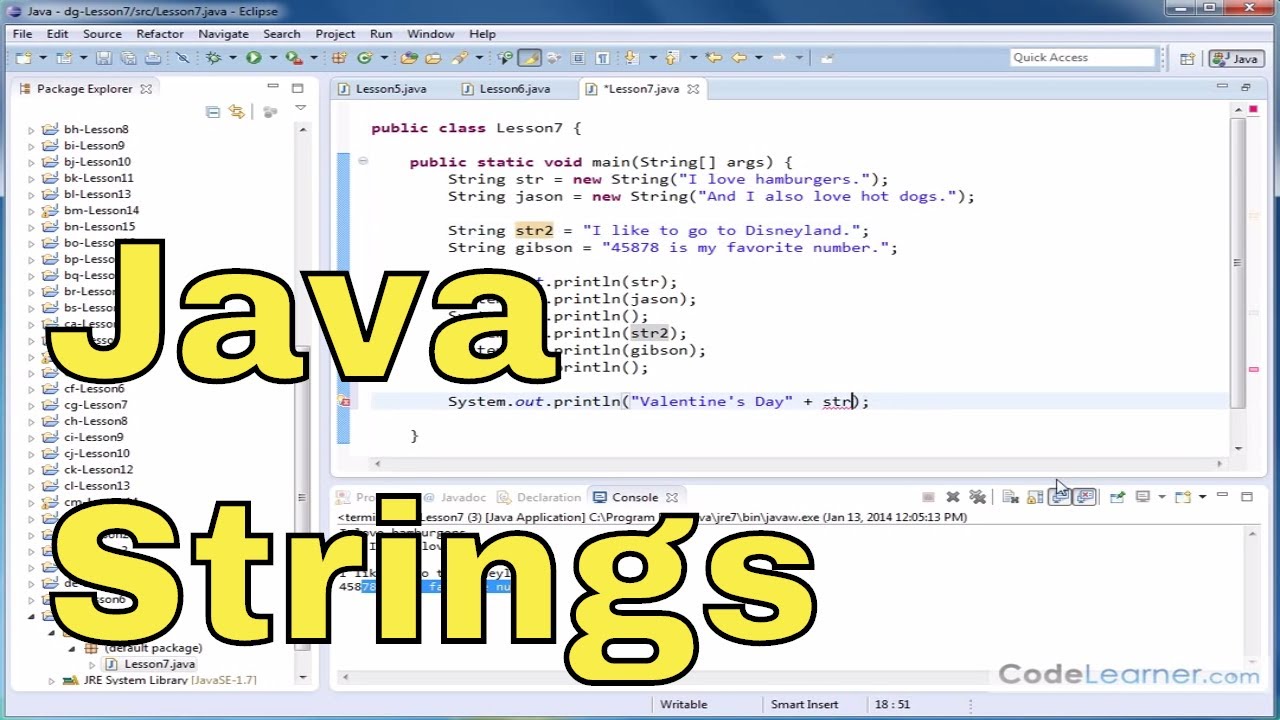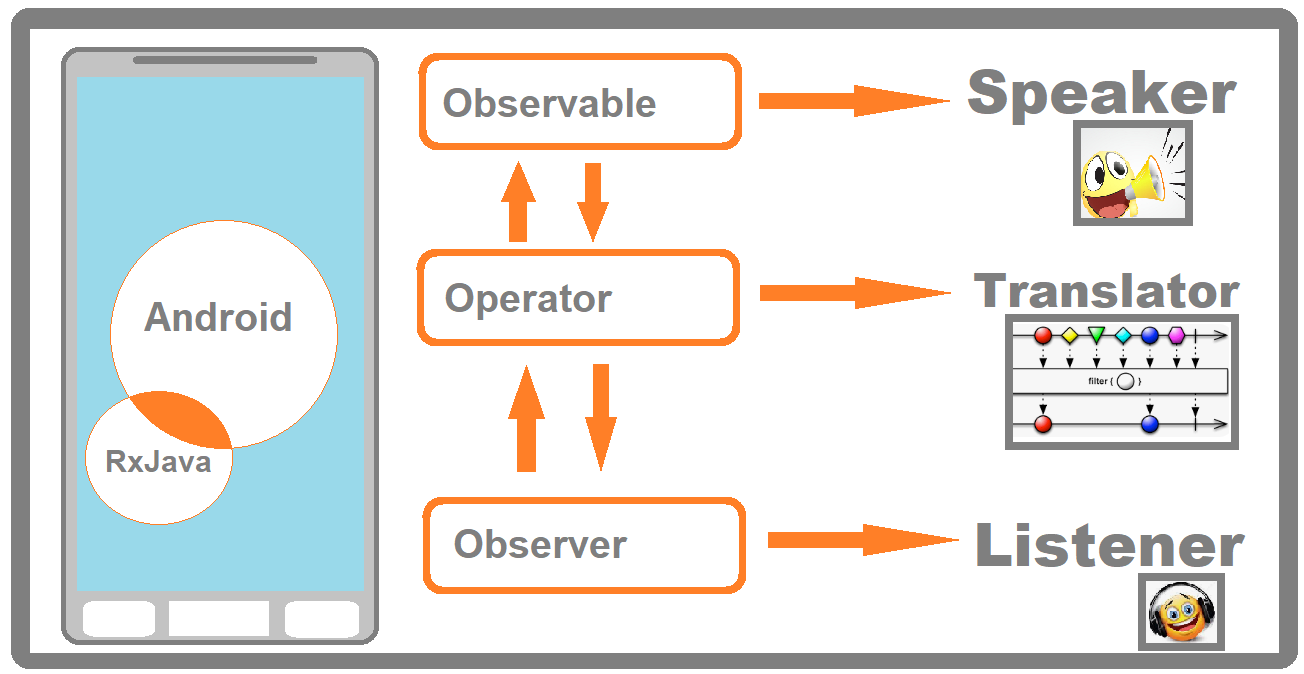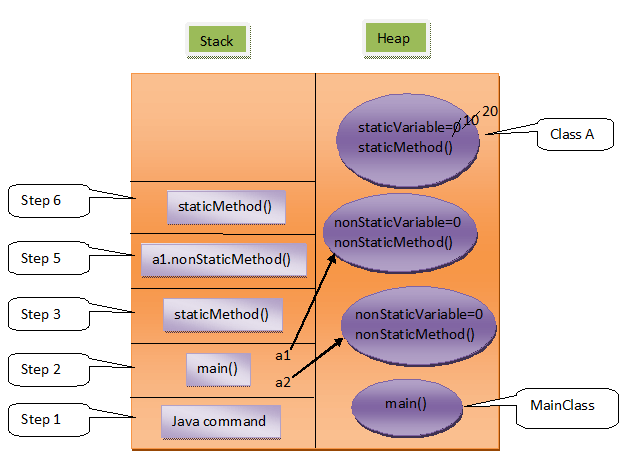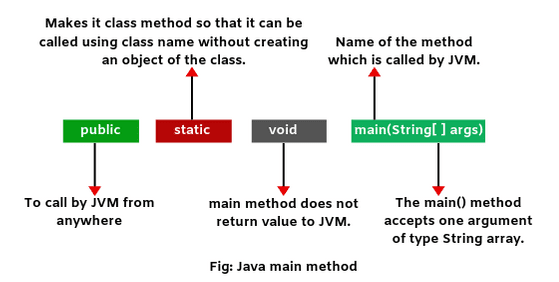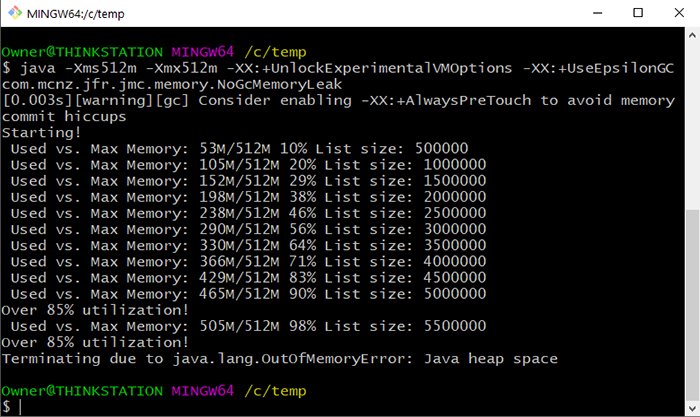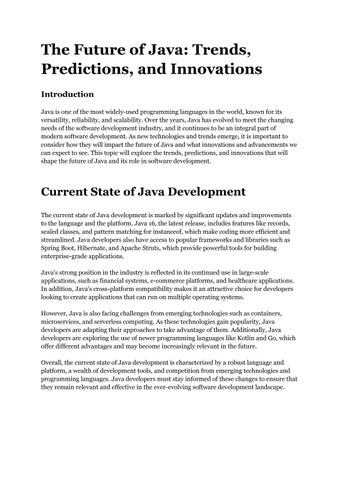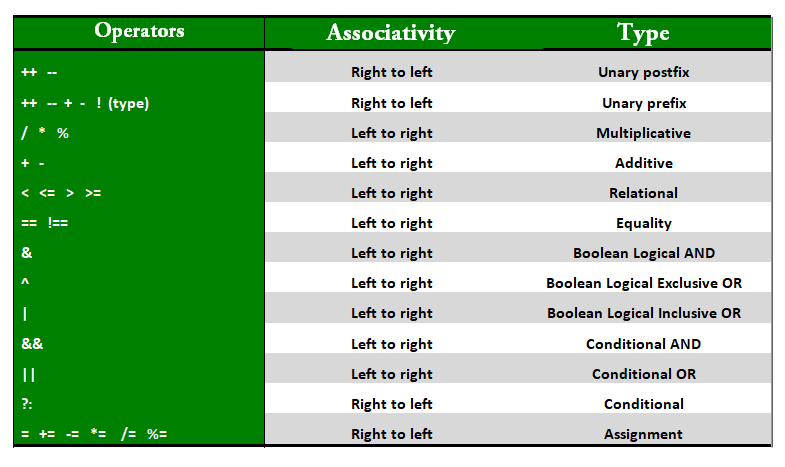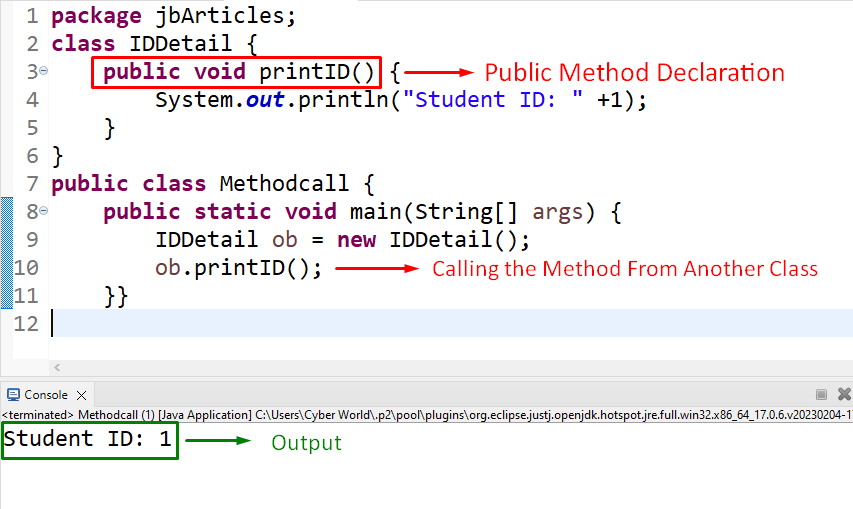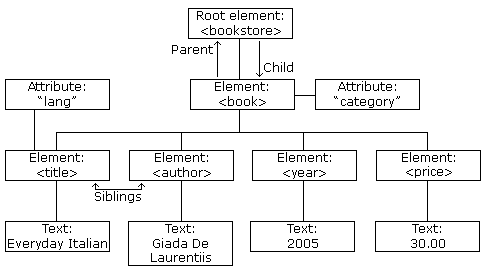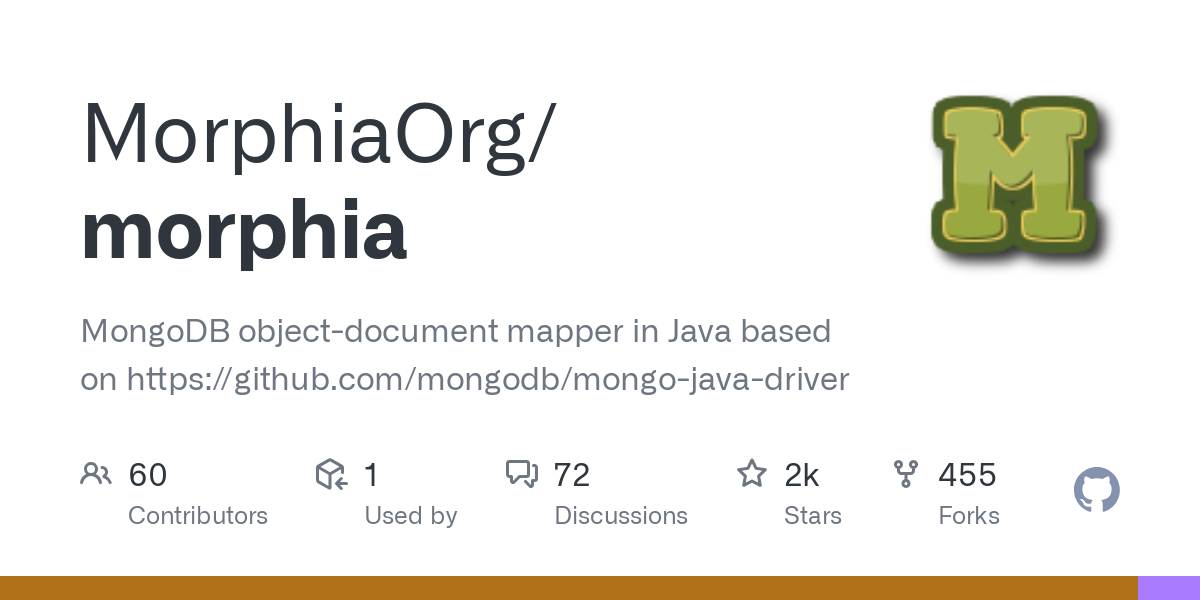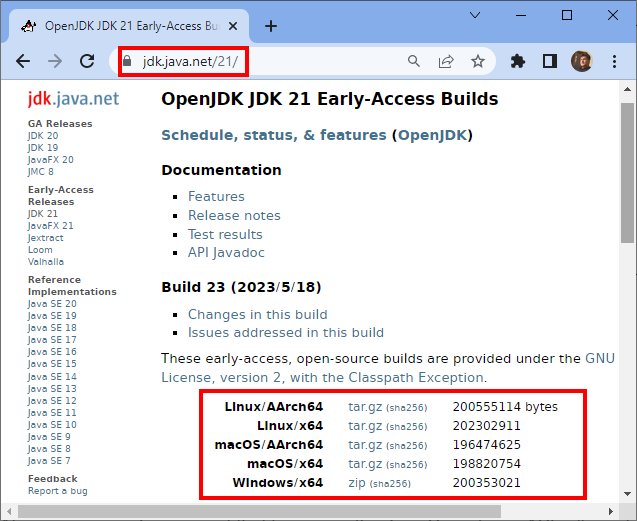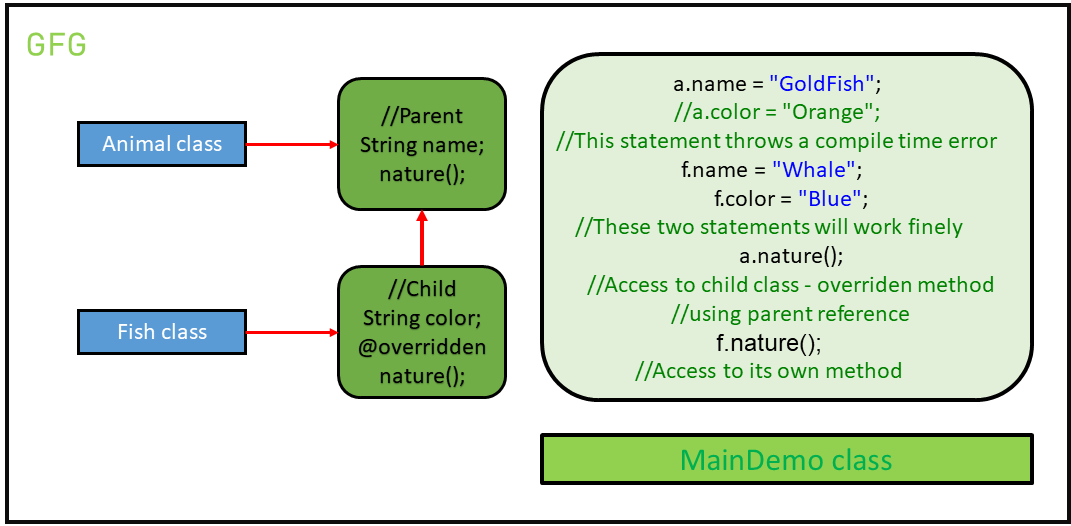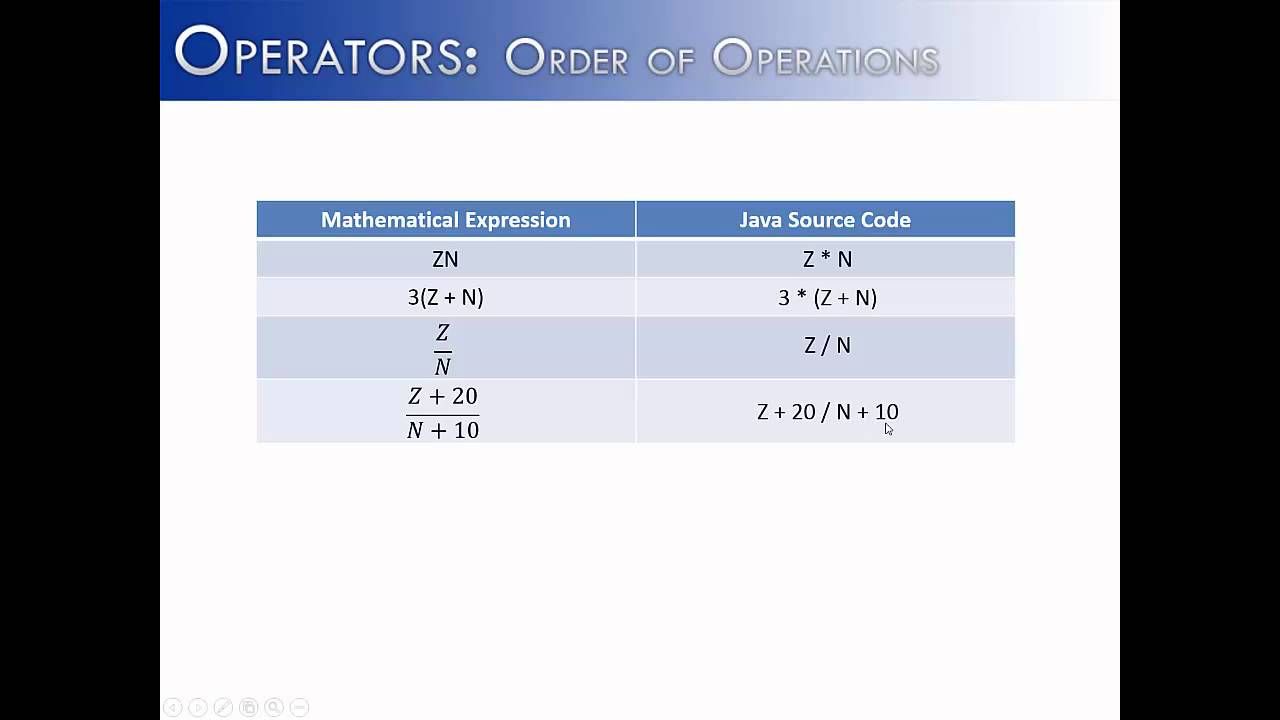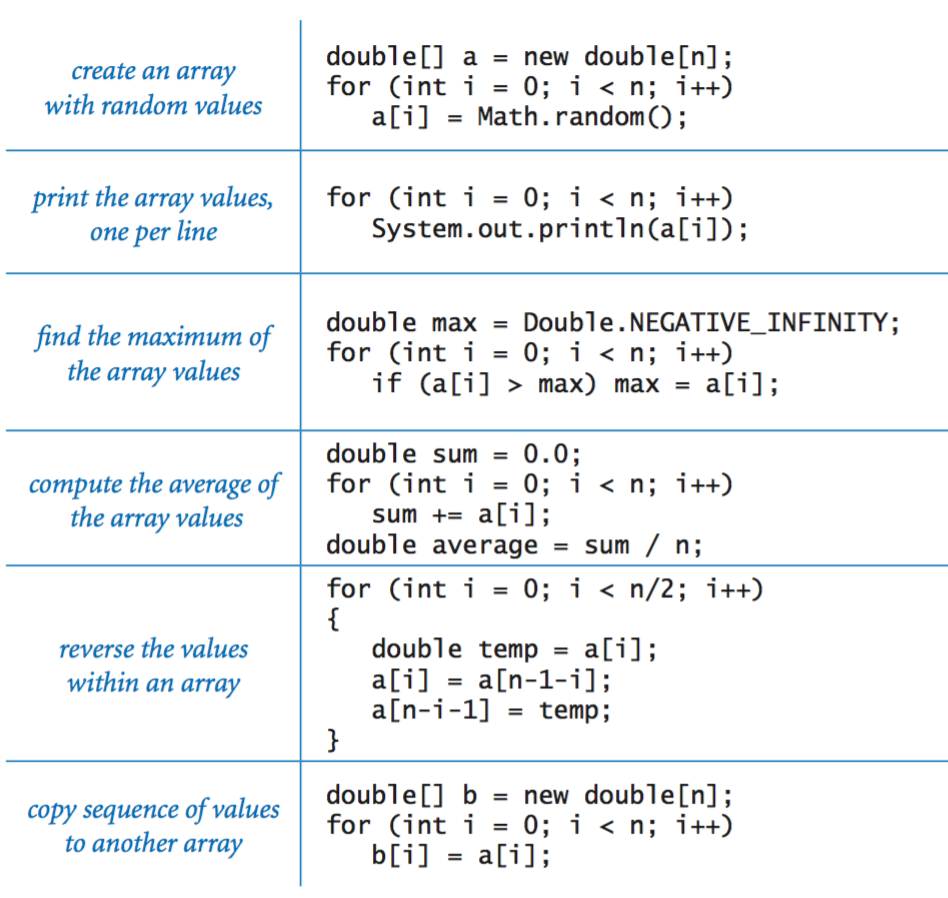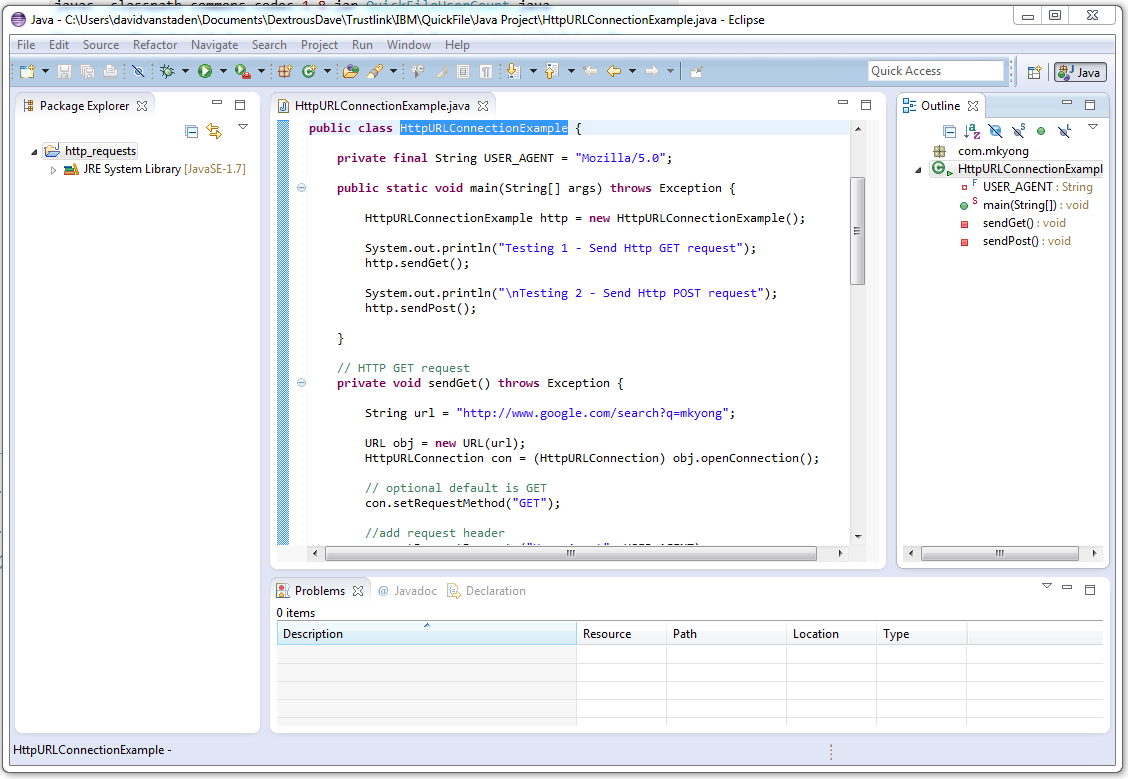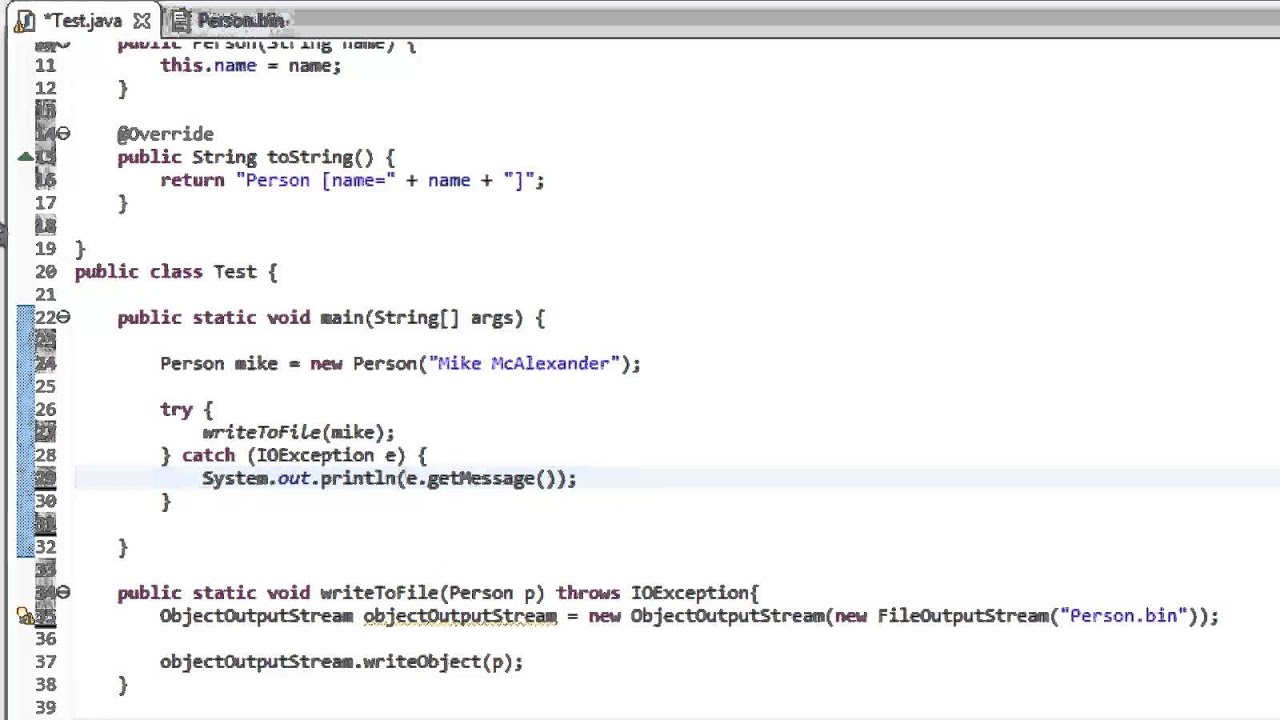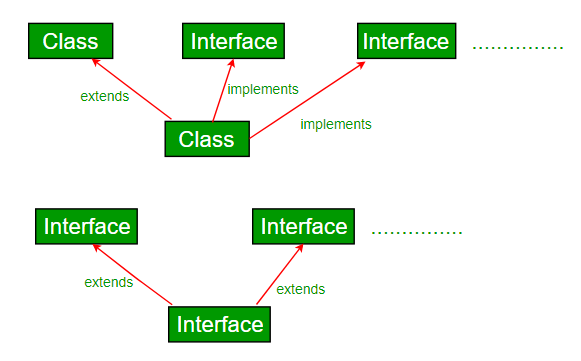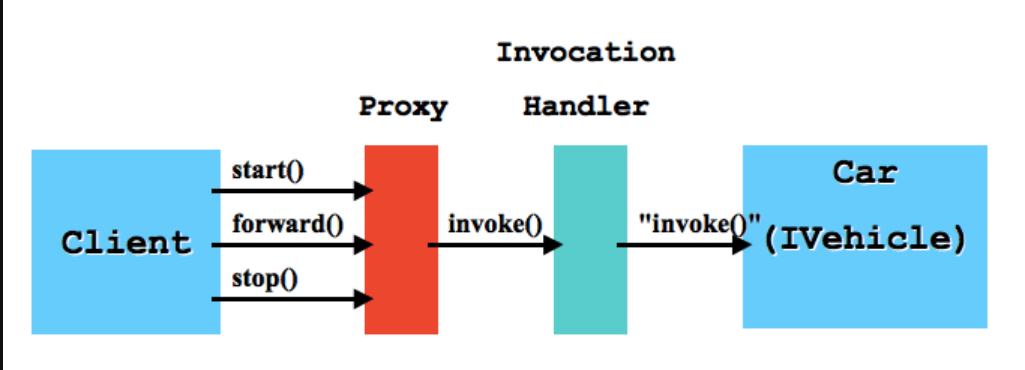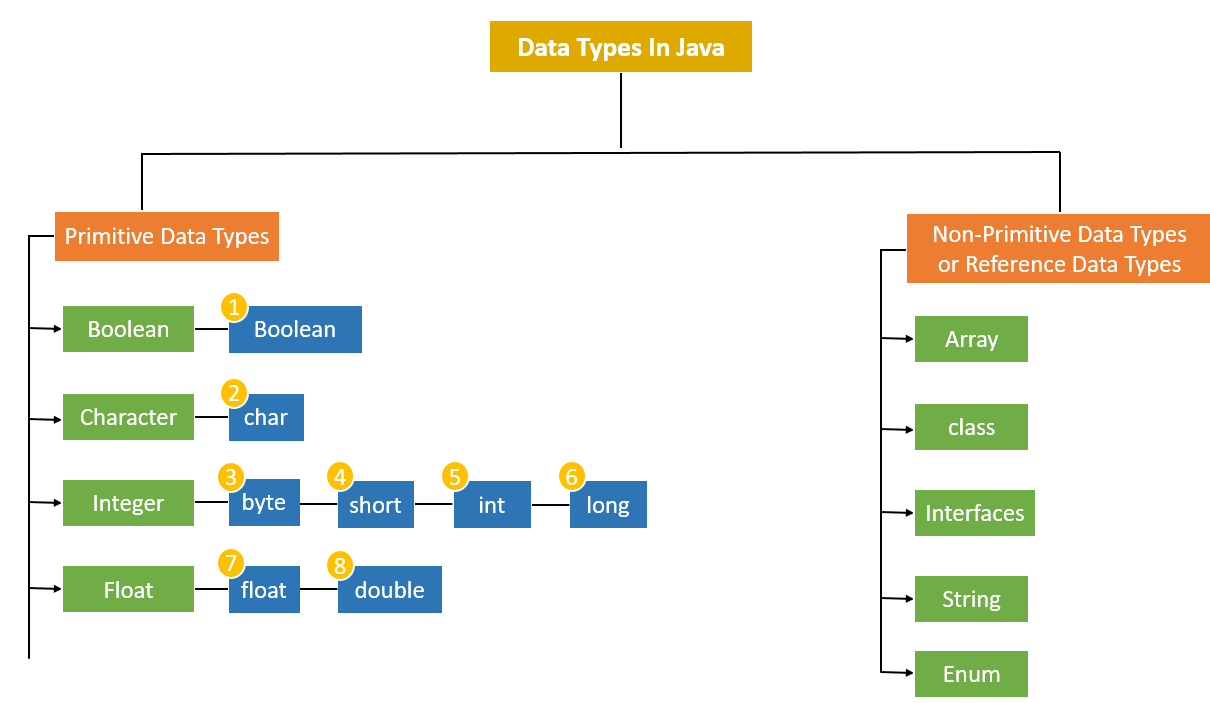Best site to learn Java online free
Best site to learn Java online free

Here are some of the best sites to learn Java online for free:
1. Oracle's Official Java Tutorials: The official Oracle website provides a comprehensive introduction to Java programming language, covering topics such as basic syntax, variables, operators, control structures, functions, and more.
2. Codecademy's Java Course: Codecademy offers an interactive Java course that covers the basics of Java programming, including data types, variables, conditional statements, loops, and functions. The course also includes exercises and quizzes to help you practice what you've learned.
3. Coursera's Java Specialization: Coursera offers a series of courses on Java programming taught by experts from top universities like Stanford and University of California San Diego. The specialization covers topics such as Java basics, object-oriented programming, data structures, and big data analytics.
4. edX's Java Course: edX offers a wide range of Java courses from leading institutions like Harvard and MIT. These courses cover topics such as Java fundamentals, Android app development, web development, and more.
5. Udemy's Java Courses: Udemy offers a variety of Java courses, ranging from beginner-friendly tutorials to advanced topics like machine learning and artificial intelligence. You can take individual courses or subscribe to their monthly subscription plan for access to all courses.
6. W3Schools' Java Tutorial: W3Schools provides an extensive tutorial on Java programming language, covering topics such as variables, data types, operators, control structures, functions, and more. The tutorial also includes examples, exercises, and quizzes to help you practice your skills.
7. Tutorials Point's Java Tutorial: Tutorials Point offers a comprehensive Java tutorial that covers topics such as basic syntax, variables, operators, control structures, loops, and functions. The tutorial also includes real-world examples and exercises to help you apply your knowledge.
8. Java Brains' Free Java Course: Java Brains offers a free online course on Java programming language, covering topics such as Java basics, object-oriented programming, data structures, and more. The course includes video lessons, quizzes, and practice exercises to help you learn Java effectively.
9. OpenClassrooms' Java Course: OpenClassrooms provides an interactive Java course that covers the basics of Java programming, including variables, control structures, loops, functions, and more. The course also includes exercises and quizzes to help you practice your skills.
10. LearnJavaOnline's Free Java Tutorial: LearnJavaOnline offers a free online tutorial on Java programming language, covering topics such as basic syntax, variables, operators, control structures, loops, and functions. The tutorial also includes real-world examples and exercises to help you apply your knowledge.
These are just a few of the best sites to learn Java online for free. Remember to practice regularly and work on projects to reinforce your learning. Happy coding!
Is Java difficult to learn?
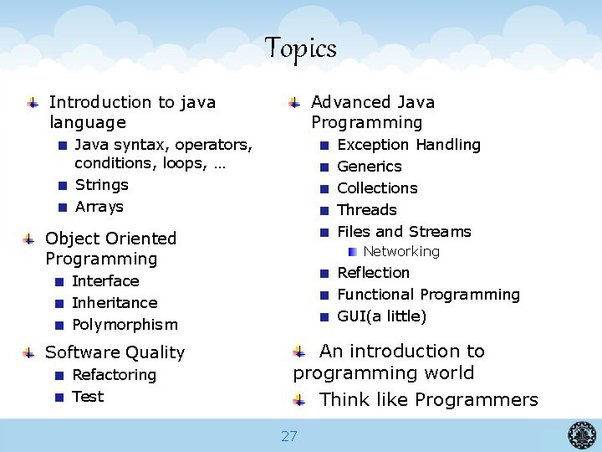
I'm glad you asked! In this answer, I'll provide insights on the difficulty of learning Java and share some tips for successful learning.
Java is a popular programming language known for its platform independence, making it suitable for Android app development, web applications, and more. While some people might find Java challenging to learn, others may find it manageable with proper guidance and practice. So, let's dive in!
Why Java can be difficult to learn:
Steep learning curve: Java has a vast range of concepts, including object-oriented programming (OOP) principles, exception handling, multithreading, and more. Mastering these topics requires dedication and a solid understanding of computer science fundamentals. Complex syntax: Java's syntax can be overwhelming at first glance. Understanding the nuances of its syntax, such as operator overloading, method overriding, and static vs. instance methods, takes time and patience. Abundant resources, but information overload: The internet is filled with tutorials, documentation, and forums dedicated to Java programming. While this abundance can be helpful, it can also lead to information overload, making it difficult to focus on what's truly important.Tips for learning Java:
Start with the basics: Understand the fundamentals of computer science, such as data structures, algorithms, and OOP concepts. This will help you build a solid foundation for Java programming. Use online resources strategically: Focus on reputable sources like Oracle's official Java tutorials, Udemy courses, or Coursera specializations. Avoid overwhelming yourself with too much information at once. Practice consistently: The more you practice coding in Java, the better you'll become at grasping its concepts and syntax. Start with simple programs and gradually move on to more complex projects. Join online communities: Engage with online forums, such as Stack Overflow, Reddit's r/learnjava, or Java-related subreddits. Interact with other learners and experienced developers to gain insights and solve problems together. Work through tutorials and exercises: Follow guided tutorials or complete exercises in books like "Head First Java" or "Java: A Beginner's Guide." These resources can help you build confidence and develop problem-solving skills.In conclusion, while Java might present some challenges for learners, it is still a valuable programming language to master. With persistence, dedication, and the right guidance, anyone can learn Java and become proficient in its concepts and syntax. Remember to start with the basics, use online resources strategically, practice consistently, join online communities, and work through tutorials and exercises.
Final thought: Learning any programming language requires patience, persistence, and practice. Don't be discouraged if you encounter obstacles along the way – they are an essential part of the learning process. With time and effort, you'll develop a strong understanding of Java and become proficient in its applications.
